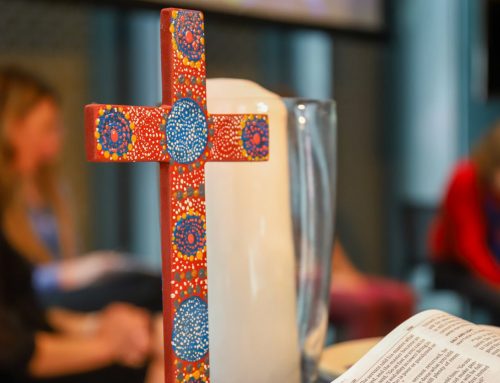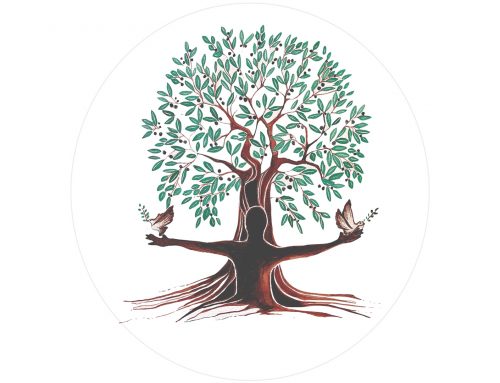What are the questions you are asking at the moment? Perhaps you are not even aware that you are asking questions. When we sit with a question that is not easily answered, our brain wants to go into problem solving mode. Most of us are uncomfortable to varying degress with ‘the unknown’ and so it is natural for us to want answers. But if we move too quickly to an answer, we miss the importance of sitting with questions.
Many of the big questions such as why are we here, who or what is God, what is the point of our existence are questions that we need to re-visit throughout our lives. This is what also keeps our faith alive. Brendan Hyde is his book Children and Spirituality : Searching for Meaning and Connectedness says there needs to be three components present in order for spiritual formation to take place: “the cognitive, the affective and the spiritual”. The cognitive consists of knowledge such as facts or information. The affective involves our emotional knowledge and the spiritual involves our ability to make meaning. Not only do these three things need to be present, but it’s a process we need to repeat in order for learning to take place.
I asked the parents of our BUC children and young people what questions they were asking and this was there response:
Why? (to everything)
Who controls the world?
Who controls the television?
Does anyone have a right to take a life even as a punishment for murder?
How far does compassion go?
When people do good – is that the presence of a higher spirit?
Is protesting an effective way to advocate for marginalized groups particularly when it’s in another country?
What role does faith have in sorting all this out?
At different ages, we can cope with different answers to these questions. There is a famous story in our family where my oldest son at three asked us a question at bedtime about how babies are made. Before we became parents we had discussed how we would tackle this question when it came up. We were determined not to shy away from it and to be open to discussing it with our children. But our answers to this question as parents had become way too complicated and after a comprehensive explanation, our son’s response was, “Dad what do camels eat?” He had long stopped listening! Fortunately we were able to re-visit this conversation many times throughout our kid’s lives.
Jesus asks his disciples – who do you say that I am? (Mark 8:27–29) It’s a question for life-long faith if we are prepared to answer it repeatedly throughout our lives and be open to being surprised by the answers.
Cath James (Minister: CYYA),
Photo by Gary Butterfield on Unsplash
Brendan Hyde, Children and Spirituality : Searching for Meaning and Connectedness, (London: Jessica Kingsley Publishers, 2008) 168-9






Leave A Comment